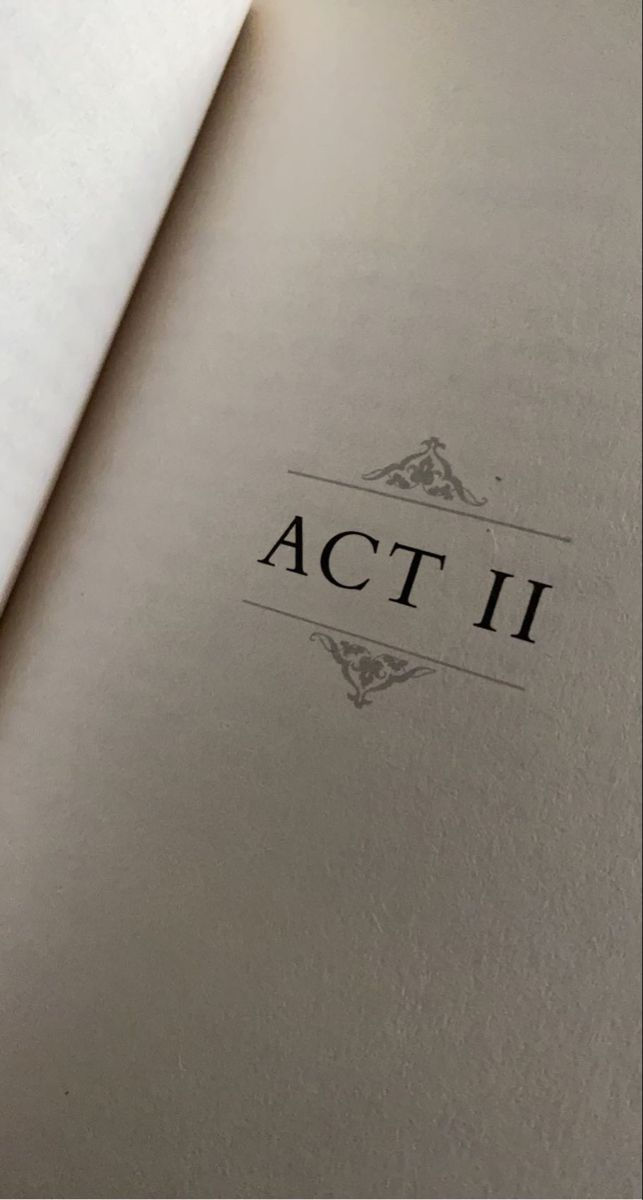The dilemma of the roles performed
- The Fuk'd Up Truth

- Apr 18
- 3 min read
We may find ourselves bombarded by realizations and aware of the various things that have transpired in our lives, which can overwhelm us and burden us with our past, making it difficult to move forward. I have been known (at least to myself) for having realizations almost daily about things I encounter, triggers that arise, or memories that can lead us into a spiral to uncover wounds we have yet to heal. With these realizations, I have discovered more about who I am, thanks to understanding the patterns, connections, and linkages that shape our lives. Sometimes, the best way to understand our growth is by observing what is around us, as it's often more visible than what lies within. It is as if our guiding light is externalized; the willingness to understand our progress is often anchored to what we can perceive through our senses. Recently, I have awakened to the understanding of repeated patterns and their roots in my life. The ongoing balance of the dualities I tussle with may overwhelm me, but give me a chance to recalibrate.
In the past few weeks, I have felt the need to reassess or recalibrate how I approach these dualities and dilemmas. They may have been blinding me or bombarding me with fears and doubts, something I was accustomed to. However, I recently decided to step back and understand one of the most significant lessons I have learned so far concerning how we form our identity. For one, the roles we play in our daily lives replicate the traits we exhibit to the world and to ourselves. It’s reminiscent of being in a toxic relationship and growing accustomed to the dialogue or behavior that is minimizing or even dramatic, or being a student focused on achieving high grades due to studiousness, intellect, and analytical drive.
The dilemma I faced was separating myself from someone I was entangled with because of the comfort it provided, not necessarily stability, but a sense of security in the dynamic. The predictability of the interactions fostered a familiar comfort that influenced how I dealt with certain exchanges. However, this predictability altered the relationship as a whole, limiting the foundation of the initial dynamic. Being aware of the unhealthy dynamic made questioning the relationship in its entirety difficult, as the significance we place on a person can entangle us in both the role and the dynamics of the relationship.
The question I began to ask was whether I missed the relationship itself or the initial role I played. Now, relating it to the theory of dramaturgy, where the world is a stage, people are characters, and the roles they enact are scripts being followed: Though we may not want to see it that way, separating our feelings in a relationship dynamic may lead to questioning the role we are playing and whether it aligns with who we truly are. It may even be that we don’t miss the relationship itself, but rather the initial roles assigned to us. This understanding can create conflict but also brings clarity, allowing us to see individuals as roles they play in our lives. This perspective enables us to accept the roles rather than feeling drawn to reigniting a dynamic that may no longer align with who we are. Like anything else, many things change, and so do people; they remain the same, and we change. Yet, recognizing this clearly allows us to collaborate with a role rather than a created expectation or an illusion in a dynamic that is bound to change. So, how might a relationship limit you from moving forward or becoming more of who you are? Accepting that a role being played does not align with the script for the outcome you desire may be key. Perhaps it involves stepping back to observe the chemistry between two characters and how they can find a balance or common ground. It may also involve striving for a healthier dynamic by understanding the other’s role and exploring ways to connect with them without minimizing your own role while preserving its importance. Perhaps we can detach ourselves from fulfilling someone else’s expectations and create our own narrative by directing our relationships, recognizing the characters we interact with, and understanding the flexibility within the dynamics, deciding if we wish to maintain a relationship—how the roles can coexist without overpowering one another.
Z.
.png)






Comments